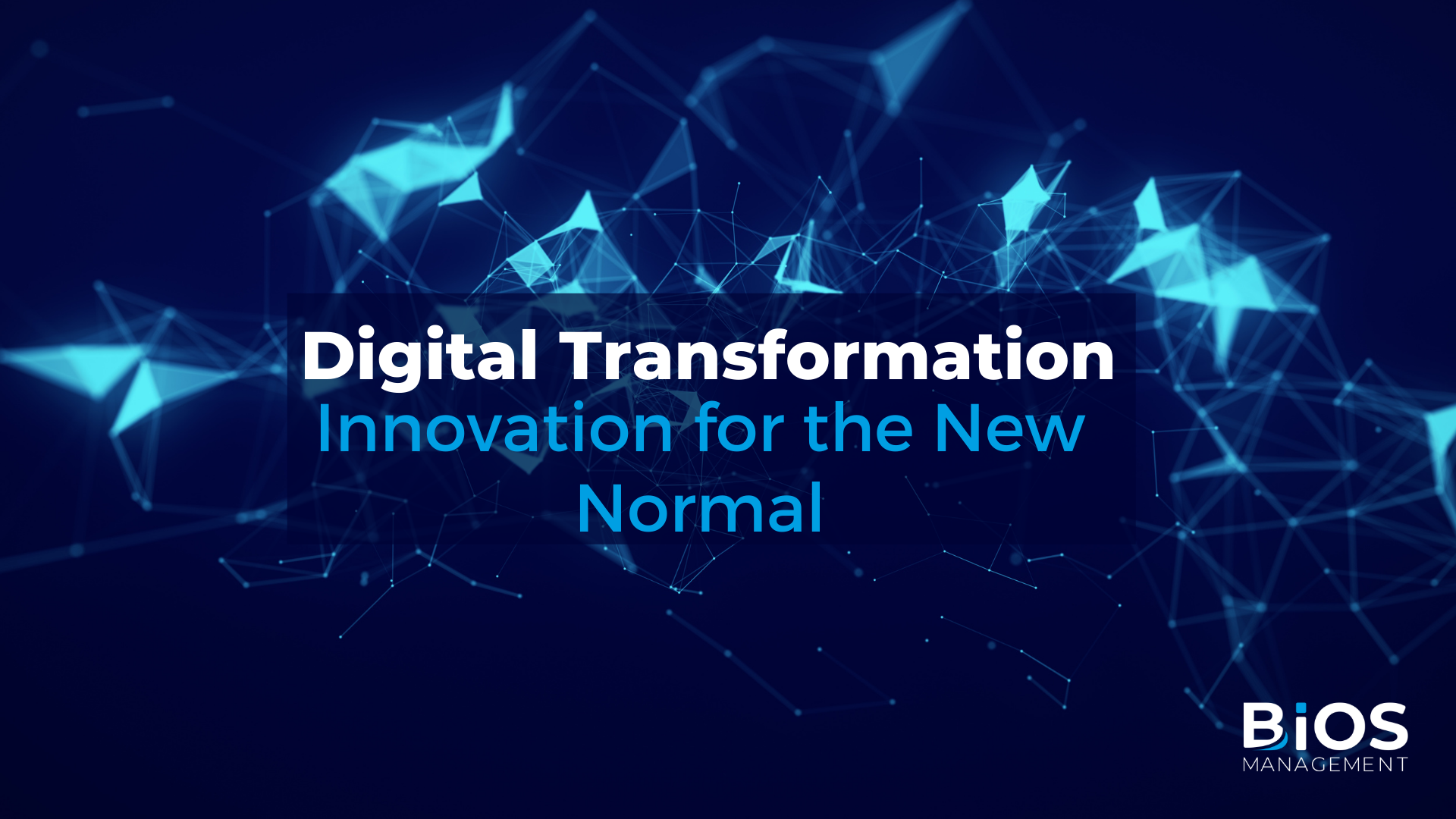The decision of a company to reorganize its activities according to a digital perspective must take into account the changes involving all company's capital, i.e. strategies, processes, technology, employees and how it will affect the relationship with customers it is internally managed.
Digital Transformation can lead to significant changes, such as automating processes, optimizing employee activities and improving the customer experience.
In recent years there has been a growing awareness among companies of the importance of digital implementation, but the crucial point is understanding its impact. Digital transformation is not limited to certain businesses or business areas but instead affects each organization as a whole.

In the digital era, the market is more competitive and turbulent than in previous years: the correspondence between sectors and the introduction of new players bringing disruptive innovations this means that companies need to be agile and flexible. Big Data, Industry 4.0 and the need to present a seamless customer experience are phenomena that require companies to rethink the way in which information is formed, managed and disseminated, and thus the relationships between functions and individual workers. Some common trends among digital leaders are the decentralization of decision-making and the implementation of a flat and flexible structure that facilitates team aggregation. These trends are not applied homogeneously but must be adapted to different industries and enterprises.
The digitization process requires integration across functions and must also follow a strategy promoted by top management that encompasses the whole organization. While companies at an early stage of digitization are inclined to implement new solutions incrementally, as to improve existing processes, often companies at an advanced stage transform their business models entirely around the opportunities offered by digital transformation and focus their efforts on improving the customer relationship, and not just on cost cutting.
Digital culture encourages collaboration, involvement, teamwork, risk-taking. Analyst’s research shows that companies that did not plan their Digital Path based on these points find themselves making the greatest efforts to successfully achieve their Digital Transformation.
What changes does Digital Transformation bring to the company?
The technology trends that stand out when it comes to Digital Transformation are Artificial Intelligence, IoT, Analytics and Clouds. Thanks to these 'tools' it is possible to accelerate change and make any activity easier.
Some of the most evident changes:
- Document Digitization: Every document that goes from paper to digital is recorded on Cloud platforms;
- Business Analytics: collecting, classifying, processing data through Business Intelligence systems have become central actions to define strategies and business models;
- Collaboration between colleagues: new communication technologies and collaboration tools make possible to exchange information and share data even between people who are physically distant or located in different workplaces;
- Electronic invoicing: there is a reduction in the time taken to send invoices to customers through focused invoicing and reporting systems, and optimization of business results through control, management and cost containment;
- Remote access to files: in recent years, smart working has become widespread, characterized by the lack of time or space constraints given to employees, which therefore leads to greater flexibility and the achievement of results; teleworking implies having access to company files outside the workplace.
- Lean resources management: Artificial intelligence can automate repetitive processes and tasks that usually means a great expense of time and resources for companies. Following the introduction of AI, human skills and intelligence have been revised and employed in activities with high strategic value for companies.
What are the challenges that companies will face in their digital transformation journey?
The benefits of Digital Transformation are well established, but as several studies have shown, there is still some resistance to change.
More than half of the companies surveyed in these studies point to corporate culture as one of the biggest obstacles to digitalization. High costs and the lack of adequate internal competencies also play a significant role.
Therefore, corporate culture plays a very important role, and it is necessary to involve all employees in the change, only in this way can digital technologies bring added value to business models.
In order to achieve a digital culture, every actor within the company must be aware of the value that digital brings. The implementation of different innovations and technologies leads to a certain prostration among the workforce, due to the constant need to update. Tired employees become more sceptical about the implementation of other innovations "Do we have to change the system again!?". It is the management's responsibility to make their employees understand the benefits of digital technology, both at the level of each individual employee (reduced workload, increased flexibility, productivity) and at the organizational level, beyond the watertight compartments of individual functions.


 Filtra articoli
Filtra articoli









